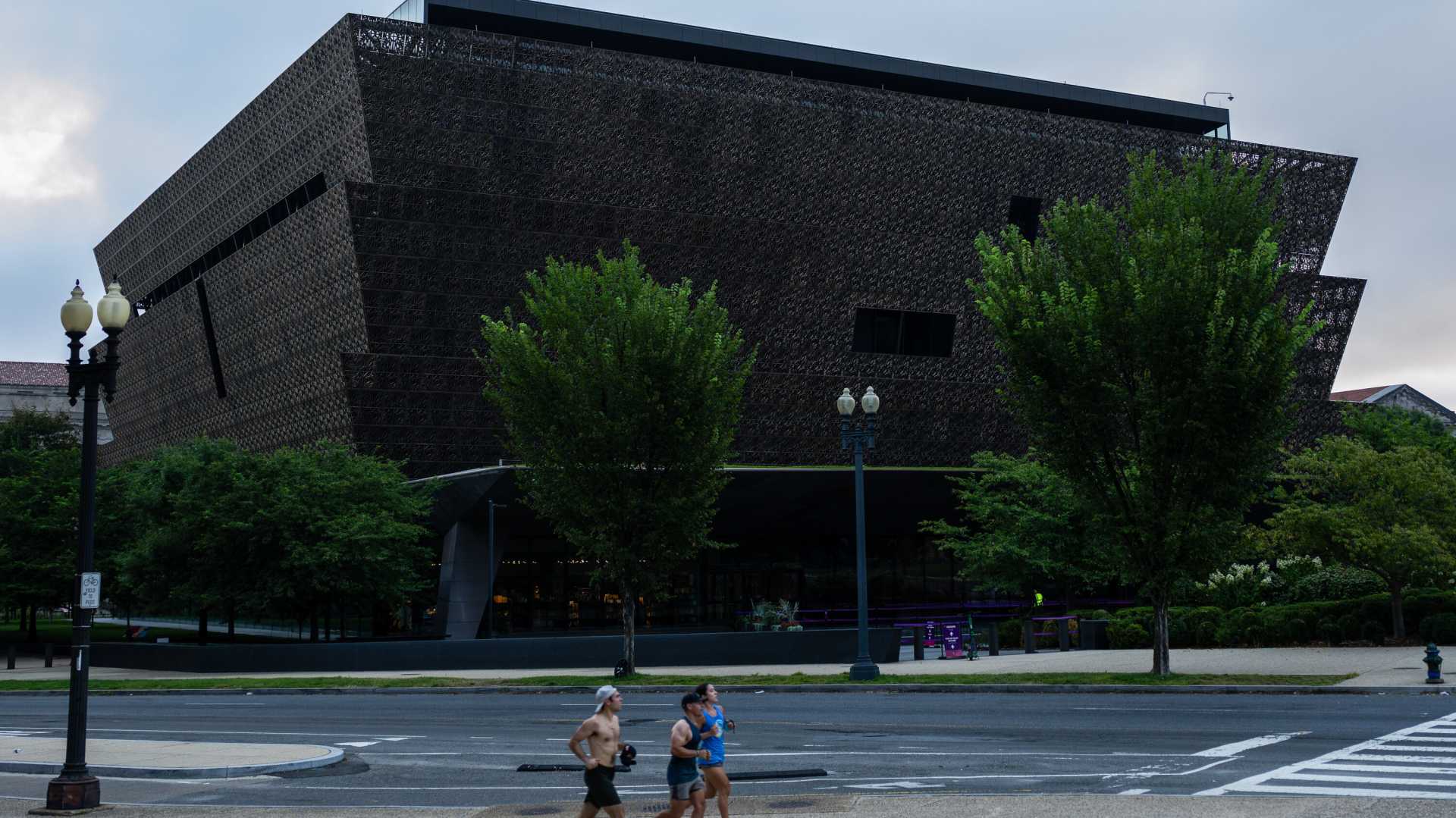Politics
Trump Plans Review of Smithsonian Museums Amid Woke Culture Debate

Washington, D.C. — President Donald Trump announced on August 20, 2025, plans to expand his administration’s efforts against what he describes as “woke culture” within U.S. museums, starting with the Smithsonian Institution. In a post on his Truth Social platform, Trump claimed that the Smithsonian represents “the last remaining segment of ‘WOKE'” and has instructed his legal team to review museum exhibits similar to actions taken against colleges and universities.
The White House conducted an initial audit of the Smithsonian earlier this month, questioning how the museum’s portrayals of American history may reflect a biased or negative perspective. “Everything discussed is how horrible our country is, how bad slavery was,” Trump wrote, arguing that American museums should demonstrate success and positivity rather than focus on historical grievances.
A White House spokesperson, remaining anonymous due to the sensitive nature of the discussions, stated, “President Trump will explore all options to remove the Woke from the Smithsonian and hold them accountable. He will start with the Smithsonian and then move on to other institutions.” The American Alliance of Museums (AAM) highlighted concerns that this federal scrutiny may jeopardize the independence of over 22,000 U.S. museums.
Marilyn Jackson, AAM’s president and CEO, condemned the plan, arguing that most museums operate as independent nonprofits guided by professional standards and community trust. “Extending federal reviews to all museums misunderstands how they function,” she wrote.
The review may include various institutions from large art museums to local historical societies, all of which address subjects like history and identity, often seen as politically charged. Experts worry that government intervention could craft a chilling effect on education and curatorial practices, as museum leaders express fear that major donors may seek to influence exhibits aligning with political narratives coming from the White House.
The Smithsonian, partly funded by the federal government, poses a unique case because Congress founded it. Approximately 63% of museums receive some federal funding, raising questions about the limits of government control over culturally significant institutions.
Experts contend that museums’ First Amendment rights protect their right to present exhibitions reflective of their mission and community, making any governmental review potentially unconstitutional. Ellen D. Gerstenblith, a law professor and director of the Center for Art, Museum & Cultural Heritage Law, stated, “I don’t believe that the government could directly prohibit what a museum presents — it would be a violation of the First Amendment.” However, she acknowledged the gray area when it comes to government funding and differing perspectives on acceptable expression.
While Trump appears focused on rectifying what he perceives to be an unbalanced representation of American history, critics argue his administration aims to rewrite and sanitize historical narratives, particularly regarding issues of race and inequality. The Smithsonian includes several museums under scrutiny, such as the National Museum of African American History and Culture. As discussions spark nationwide, the future of historical representation and museum independence remains uncertain amidst rising political tensions.












